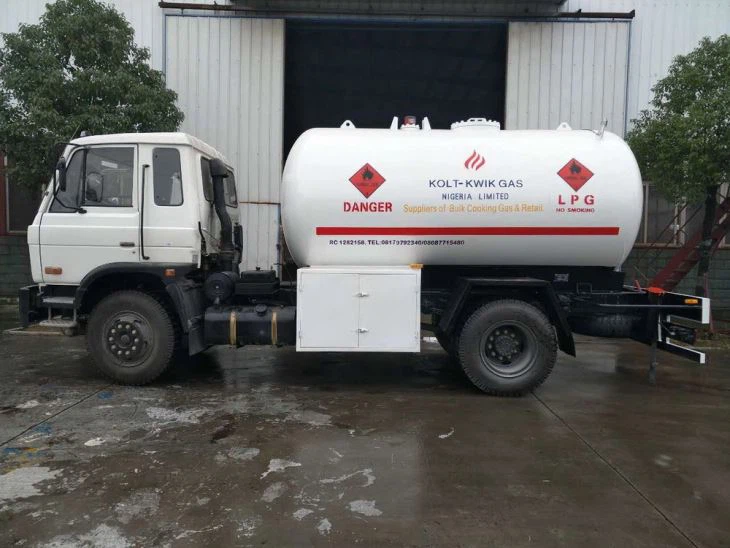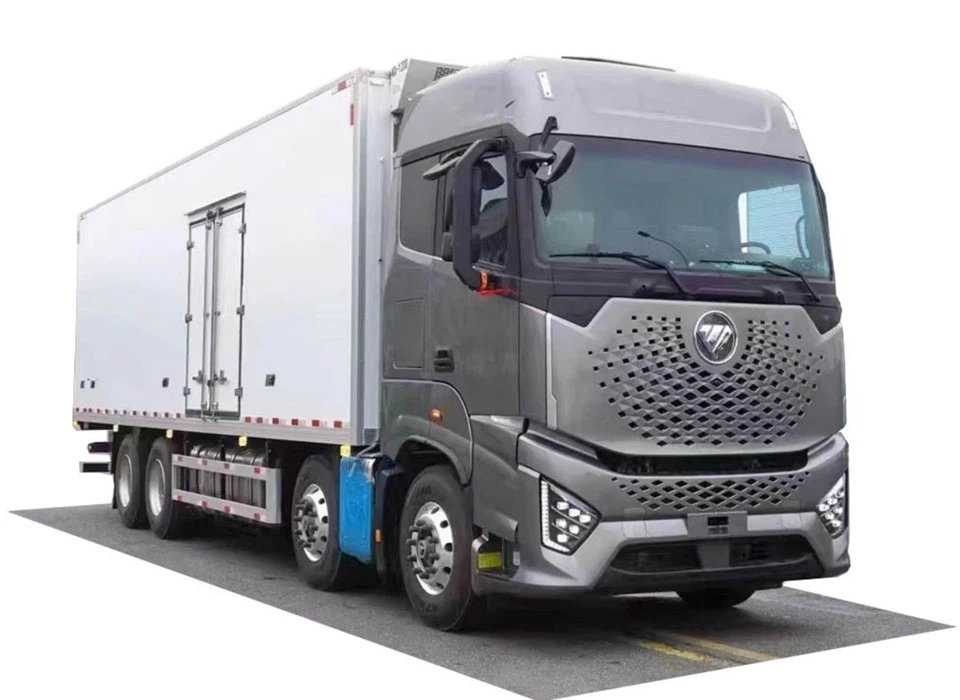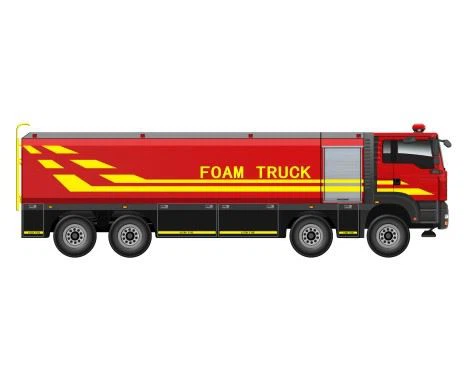Understanding Roll Off Container Manufacturers: A Comprehensive Guide

Introduction
Roll-off containers are essential for waste management and recycling services across various industries. As construction sites, residential cleanouts, or commercial facilities generate debris and unwanted materials, the need for efficient waste disposal becomes paramount. This article delves into the world of roll-off container manufacturers, exploring their significance, types, and insights into how they contribute to effective waste management solutions.
What are Roll Off Containers?
Roll-off containers are large, open-top containers designed for transporting construction and demolition debris, dirt, and other types of waste. They typically come equipped with wheels that allow them to be rolled off a truck and placed at the desired location for filling. Once the container is full, the truck returns to transport it to a landfill, recycling center, or another disposal site.
Key Uses of Roll Off Containers
- Construction Sites: Managing debris from building projects.
- Home Renovations: Disposing of old furniture, appliances, and materials.
- Commercial Cleanouts: Providing waste solutions for office or retail spaces.
- Disaster Cleanup: Offering quick waste removal after natural disasters.
Types of Roll Off Containers
Different applications require different types of roll-off containers. Understanding these variations can help users select the right container for their needs.
Standard Roll Off Containers
Standard containers typically range from 10 to 40 yards in size and are suitable for general waste. Common sizes include:
| Container Size | Capacity (Cubic Yards) | Typical Use |
|---|---|---|
| 10 Yard | 10 | Small projects; cleanouts. |
| 20 Yard | 20 | Medium projects; remodeling. |
| 30 Yard | 30 | Commercial projects; larger cleanouts. |
| 40 Yard | 40 | Large construction & demolition. |
Specialized Roll Off Containers
In addition to standard containers, there are specialized options available:
- Compactor Containers: Used for dense waste material and compacted for efficient transportation.
- Recycling Containers: Designed to segregate recyclable materials like metal, paper, and glass.
- Hazardous Waste Containers: Constructed to safely transport toxic or hazardous materials.
How to Choose the Right Roll Off Container Manufacturer
Choosing the right manufacturer is crucial for receiving quality products and services. Here are some tips:
Reputation and Experience
Look for manufacturers with a solid reputation in the industry. Check online reviews and testimonials to gauge customer satisfaction.
Range of Products
A good manufacturer should offer a variety of container sizes and types to accommodate different needs. This flexibility is crucial for meeting diverse waste management requirements.
Quality of Materials
Inspect the materials used in the production of roll-off containers. Durable steel and protective coatings can enhance longevity and resistance to wear and tear.
Customization Options
Some projects may need customized containers. Choose manufacturers that provide options for tailored designs, sizes, and features.
After-Sales Support
Reliable customer service and after-sales support can make a significant difference. This support includes repair services, maintenance advice, and product replacement.

Leading Roll Off Container Manufacturers
Here are some prominent manufacturers known for their quality roll-off containers:
1. Wastequip
Overview: One of the industry leaders, Wastequip offers an extensive range of containers known for durability and innovation.
2. Boxer Equipment
Overview: Boxer specializes in customizable roll-off containers, catering to various industries with a focus on quality.
3. EZ Roll Off Containers
Overview: Renowned for their reliable delivery and pick-up systems, EZ Roll Off Containers serves commercial customers effectively.
4. E. S. Z. Roll Offs
Overview: Offers a wide array of containers and exceptional customer service, making them a preferred choice for many.
Practical Examples of Roll Off Container Applications
Understanding how different industries utilize roll-off containers provides insights into their importance.
Construction Industry
In large construction projects, contractors often choose 30 or 40-yard containers to manage substantial amounts of debris, such as asphalt, lumber, and concrete. For a new building construction, multiple roll-off containers may be utilized simultaneously to streamline waste disposal.
Residential Projects
Homeowners renovating kitchens or landscaping their yards typically rent 10 or 20-yard containers. This allows them to dispose of old materials without cluttering their properties.
Commercial Enterprises
Retail businesses undergoing renovations often contract larger containers to accommodate bulky items like display units or flooring material. Quick disposal minimizes downtime and maintains cleanliness during transitions.

Environmental Considerations
Roll-off containers play an essential role in sustainable waste management practices.
Recycling Initiatives
Manufacturers often create specialized containers for recycling materials. These efforts help in reducing landfill waste and promoting recycling efforts in communities.
Waste Diversion Techniques
By utilizing roll-off containers effectively, businesses can implement waste diversion strategies, such as separating recyclable materials from general waste, maximizing landfill diversion.
Cost Considerations for Roll Off Containers
The cost of renting or purchasing roll-off containers can vary based on several factors:
Size and Type
Standard containers are typically more affordable than specialized options. The larger the container, the higher the cost associated with its rental or purchase.
Rental Duration
The length of the rental period affects pricing. Short-term rentals are often charged at a higher daily rate, while longer commitments can yield discounts.
Transportation Fees
Delivery and pickup fees can add to overall costs. Factors such as distance from the manufacturer and any required permits can influence these fees.
Additional Features
Containers equipped with additional features, like locking mechanisms or side doors, may incur extra charges.
FAQ Section
What is the average rental time for a roll-off container?

Rental times can vary, but most companies offer rentals ranging from 7 to 14 days, with options to extend if needed.
How do I know what size container I need?
Evaluate the type and volume of waste you expect to generate. Most container rental companies offer guidelines based on project type.
Can I place a roll-off container on the street?
This depends on local regulations; some areas require permits. It’s advisable to check with local authorities before placement.
Are roll-off containers environmentally friendly?
Yes, when used for recycling and proper waste management, roll-off containers can significantly enhance sustainability efforts in various sectors.
Can I put hazardous materials in a roll-off container?
No, hazardous materials typically require specialized containers and disposal methods. Consult with your waste management provider for proper procedures.
What happens to the waste in the roll-off container?
Once full, the container is transported to a landfill, recycling facility, or waste-to-energy plant, depending on the type of waste collected.
